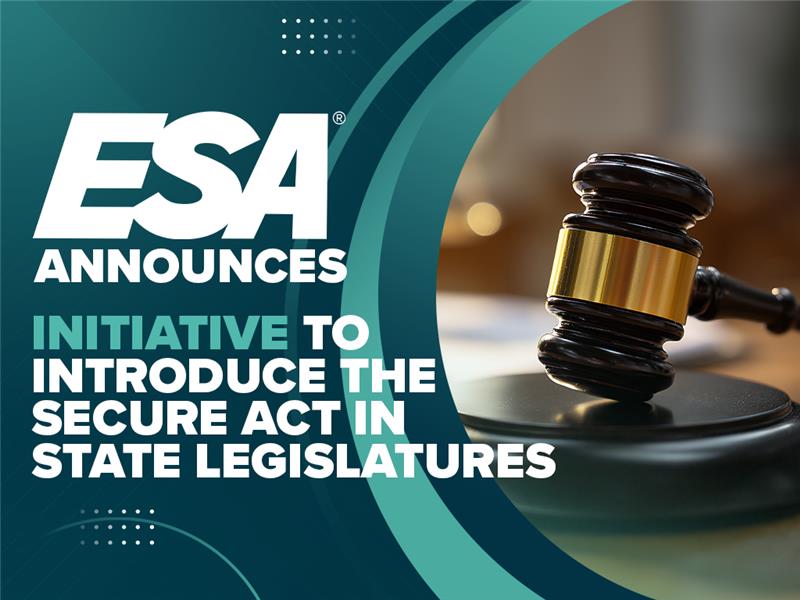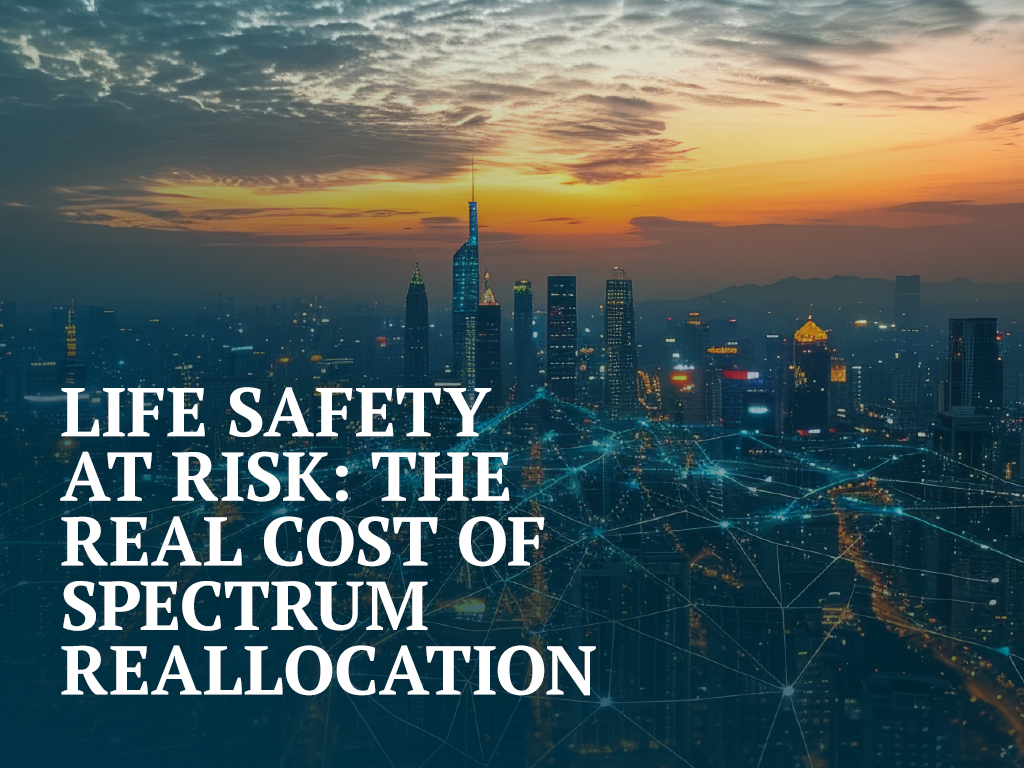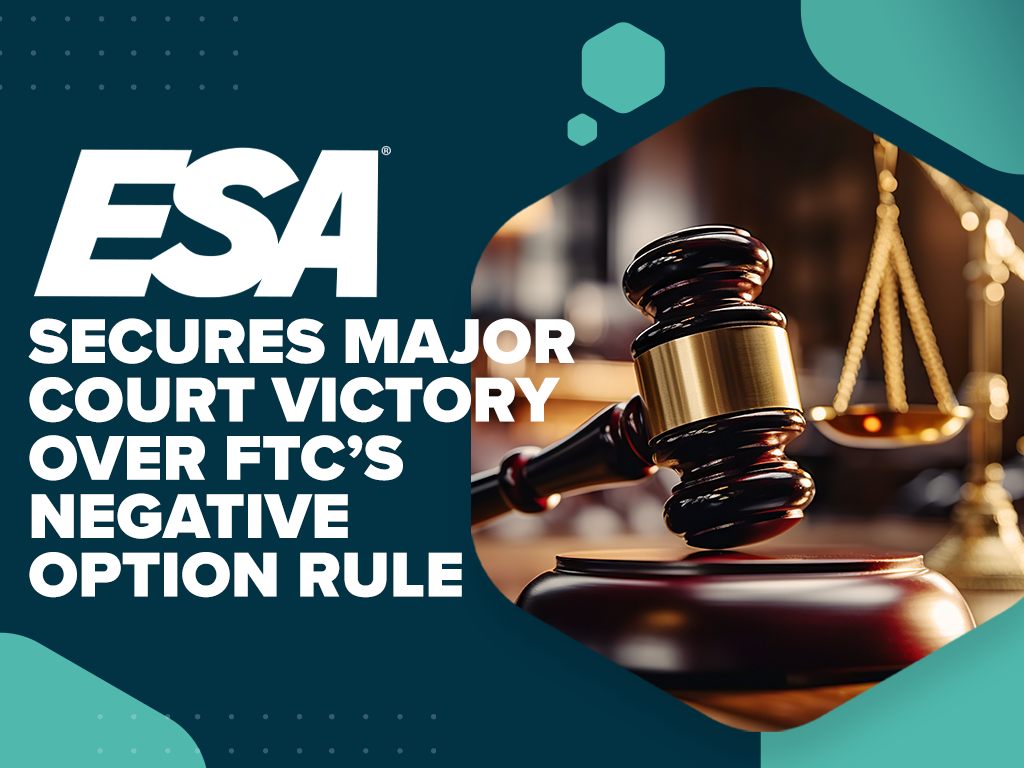Climbing Out of COVID-19 Economy Will Be Made Difficult with Some Labor Bills

In 2019 there were approximately 7.5 million unfilled jobs, many in high skill, high demand trades and professions. Many of our members know firsthand the difficulty they had in finding qualified people to fill thousands of open jobs just in electronic security.
Then COVID hit and government-mandated shutdown orders followed. The economy crashed and at one point 40 million people were out of work. That all happened roughly one year ago and while the economy has made great strides it is very clear to most people that we have a long way to go.

These points make it even more troubling that we must face legislation designed to bolster labor unions at the expense of recovery for small businesses, independent contractors and individuals who ultimately lose their jobs when labor unions create market inequities. Labor unions certainly have their place in the greater economy. But union-bolstering bills that undermine the core of our economic engine must be challenged.
One such bill that deserves closer scrutiny is H.R. 842 in the U.S. House titled, “Protecting the Right to Organize Act of 2021”. This bill would create a federal version of the “ABC Test”, which is a strict interpretation of employee that will make it very difficult for most companies to use independent contractors.
As written, this bill would define an individual as an employee and not an independent contractor, unless –
- (A) the individual is free from control and direction in connection with the performance of the service, both under the contract for the performance of service and in fact;
- (B) the service is performed outside the usual course of the business of the employer; and
- (C) the individual is customarily engaged in an independently established trade, occupation, profession, or business of the same nature as that involved in the service performed.
What will disrupt most companies that use independent contractors is the second provision (B) in the “ABC Test”. If you hire independent contractors (alarm techs) to fill work orders outside your geographic reach or to fill a supply/demand need, you will have to consider that contractor an “employee” under the strict interpretation of this bill because the service is not outside the usual course of your business. This emulates recently passed California legislation, which was bitterly opposed and the subject of a massive referendum campaign to exempt “gig” economy companies like Uber, Lyft and Door Dash.
Another provision in this bill imposes a strict interpretation on “joint employers” that could further subject companies who sub-contract with other companies to “joint employer” rules. These rules would make them liable for wage/hour violations and collective bargaining petitions by employees of sub-contractors.
The economy will hopefully continue on the road to recovery in 2021. We will need quick availability of COVID vaccines, the strong will of people to find that new “normal” and most importantly – we need policy makers to make good decisions between what drives and what hinders economic growth.




